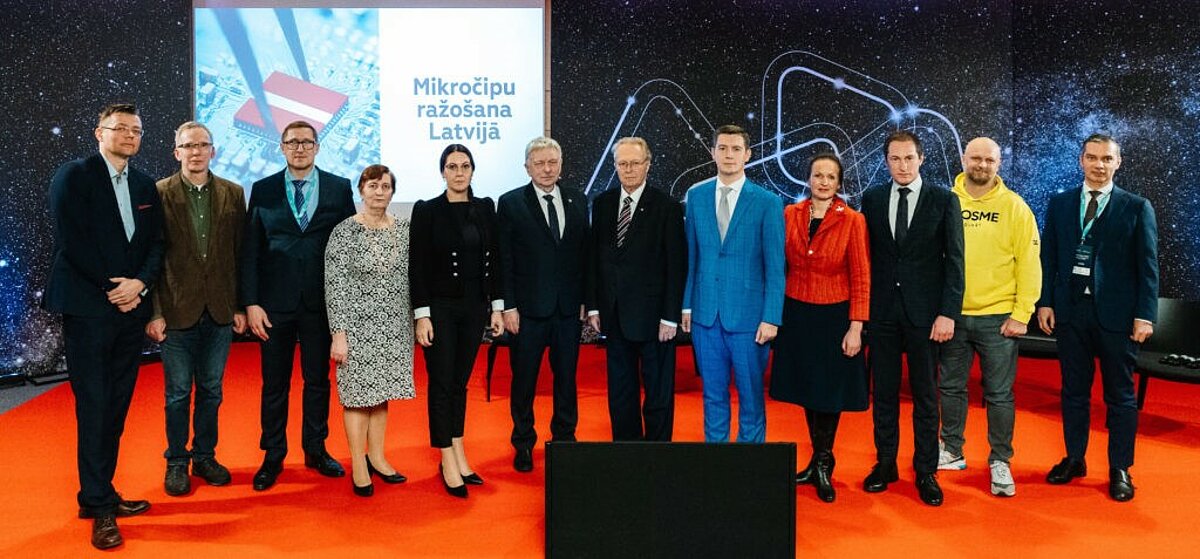
The European Union’s (EU) share of the global microchip market is only 10%. The Covid-19 pandemic highlighted the pitfalls of relying on (predominantly) Asian manufacturers. In tandem with similar EU-wide efforts, initiatives such as the MoU can prove to be crucial in ensuring the region’s future resilience in this key industry sector.
The memorandum agreed upon by Latvian stakeholders has established a long-term strategic goal to develop a semiconductor industry in the country.
The memorandum authors note that Latvia’s electronic and optical device manufacturing sector has been one of the fastest-growing sectors since 2010. Further growth of this industry very likely hinges on the availability of semiconductors. To that end, developing local expertise and manufacturing capabilities is crucial.
The MoU partners include research institutions and companies involved in Latvia’s fast-growing electronic and optical device manufacturing sector: Riga Technical University, University of Latvia (LU), LU Institute of Mathematics and Computer Science, LU Institute of Solid State Physics, LMT, Mikrotik, Tet, the Electronic Communications Office of Latvia, the Liepāja Special Economic Zone, the Confederation of Latvian Employers, the Ministry of Economics of the Republic of Latvia and the Education and Science Ministry of the Republic of Latvia.
In the context of the EU’s Chips Act, the memorandum is a timely initiative that clearly recognises the strategic importance of semiconductors. Local efforts will go hand in hand with the EU’s overarching goal of becoming a global leader in this area. It remains to be seen whether this ambition can be realised – other global players are not sleeping, and the competition will be fierce.
More information